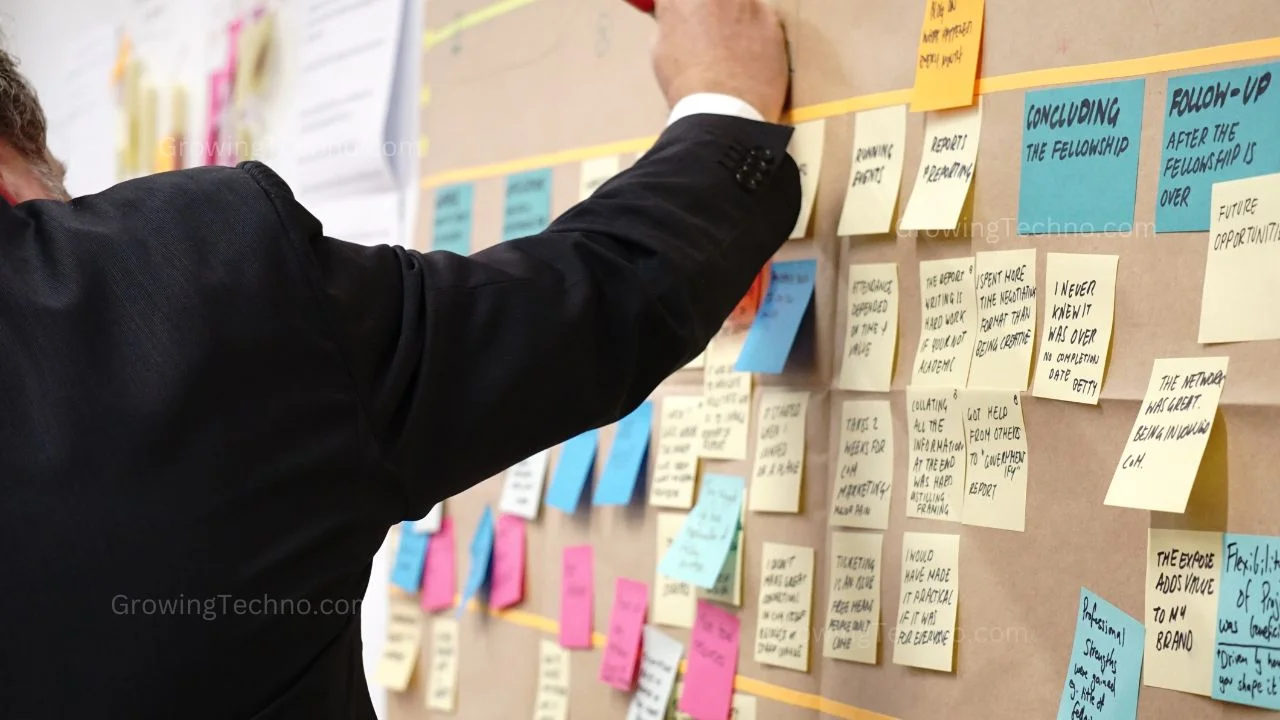
Ethics form the very foundation of successful project management. In this article, we’ll explore the significance of ethics in project management and how they impact project outcomes.
Ethical Principles: The Cornerstone of Project Management
Ethical principles, such as honesty, integrity, and transparency, are the cornerstone of project management. These principles guide project managers in making morally sound decisions and ensuring the success of their projects.
For instance, honesty ensures that project managers are truthful and transparent in their communications with team members and stakeholders. Integrity ensures that they act with fairness, uphold their commitments, and adhere to ethical standards. Transparency ensures that project managers provide clarity and visibility into project progress and potential challenges.
Maintaining Trust and Credibility
Trust is paramount in project management. Ethical project managers build and maintain trust with their team members, stakeholders, and clients. When there is trust in the project manager’s leadership, team members work cohesively, stakeholders are confident in the project’s success, and clients are satisfied with the results.
Trust is not something that can be demanded; it must be earned. Ethical project managers earn trust by consistently demonstrating honesty, integrity, and transparency in their actions and decisions. Trust is fragile and can be easily shattered by unethical behavior.
Ensuring Fairness and Equality
Fairness and equality are essential aspects of ethical project management. Project managers must treat all team members equitably, without bias or discrimination. This includes ensuring that opportunities, resources, and recognition are distributed fairly among team members.
Avoiding favoritism and promoting diversity and inclusion are integral parts of ethical project management. Project managers should value different perspectives and create an inclusive environment where every team member feels valued and respected.
Fulfilling Moral Responsibilities
Ethical project managers have moral responsibilities to their team members, stakeholders, and the community. They must consider the social and environmental impact of their projects, ensuring that these projects benefit society as a whole.
These responsibilities go beyond financial gains. While financial success is important, it should not come at the expense of ethical principles. Ethical project managers strike a balance between financial goals and social and environmental responsibility.
Ethics in Decision-Making
Ethical principles play a pivotal role in decision-making within the project management context. Project managers often encounter challenging decisions, and ethical considerations are essential in making the right choices.
Ethical decision-making involves evaluating the consequences of each available option on team members, stakeholders, and the project’s overall success. It’s not just about achieving the desired outcome; it’s about achieving it through morally sound means.
Avoiding Conflicts of Interest
Conflicts of interest can be ethical minefields in project management. Ethical project managers must be vigilant in identifying and mitigating conflicts of interest to ensure that their decisions are not influenced by personal gain.
By prioritizing the project’s interests above personal interests, ethical project managers maintain objectivity and make decisions that are in the best interest of the project and all stakeholders involved.
Ethics in Risk Management
Risk management is another area where ethics comes into play. Ethical risk management involves considering the ethical implications of potential risks. Project managers should assess how risks might impact team members, stakeholders, and the project’s overall success.
This goes beyond traditional risk assessments that focus solely on financial risks. Ethical risks can include damage to the project’s reputation, harm to the environment, or negative social impacts. Ethical project managers assess these risks and take proactive steps to mitigate them.
Professional Codes of Ethics
Professional organizations, such as the Project Management Institute (PMI), have established codes of ethics and professional conduct for project managers. These codes provide guidelines for ethical behavior in the field of project management.
Project managers are encouraged to adhere to these codes, which include principles such as responsibility, respect, fairness, and honesty. By upholding these industry standards, project managers demonstrate their commitment to ethical project management.
Benefits of Ethical Project Management
The practice of ethical project management offers a multitude of benefits, both to the project manager and the organization as a whole.
- Enhanced Reputation: Ethical project managers and organizations are more likely to gain the trust and support of stakeholders, clients, and the community. A positive reputation contributes to project success.
- Trust and Collaboration: Trust is a key factor in team collaboration. When team members trust their project manager’s ethical leadership, they work more efficiently and cohesively.
- Lower Conflict Risk: Ethical projects have a lower risk of disputes and conflicts arising from unethical behavior. This leads to smoother project execution.
- Improved Stakeholder Relations: Ethical project management fosters positive relationships with stakeholders, resulting in greater stakeholder satisfaction and support.
- Sustainable Projects: Ethical project managers consider the long-term social and environmental impacts of their projects, contributing to the sustainability of their endeavors.
- Compliance with Regulations: Ethical project management helps organizations comply with ethical and legal regulations, avoiding potential legal issues.
Conclusion:
In conclusion, ethics are the compass that guides project managers in making morally sound decisions and ensuring project success. By upholding principles such as honesty, integrity, transparency, and fairness, ethical project managers build trust, maintain credibility, and fulfill their moral responsibilities to team members, stakeholders, and society.
Ethical project management goes beyond achieving financial success; it involves prioritizing ethical principles throughout the project’s lifecycle. The benefits of ethical project management are numerous, including enhanced reputation, trust, collaboration, and sustainable projects. Ethical project managers uphold professional codes of ethics, setting a standard for ethical behavior in the field of project management.
Found this helpful? Share the wisdom!






